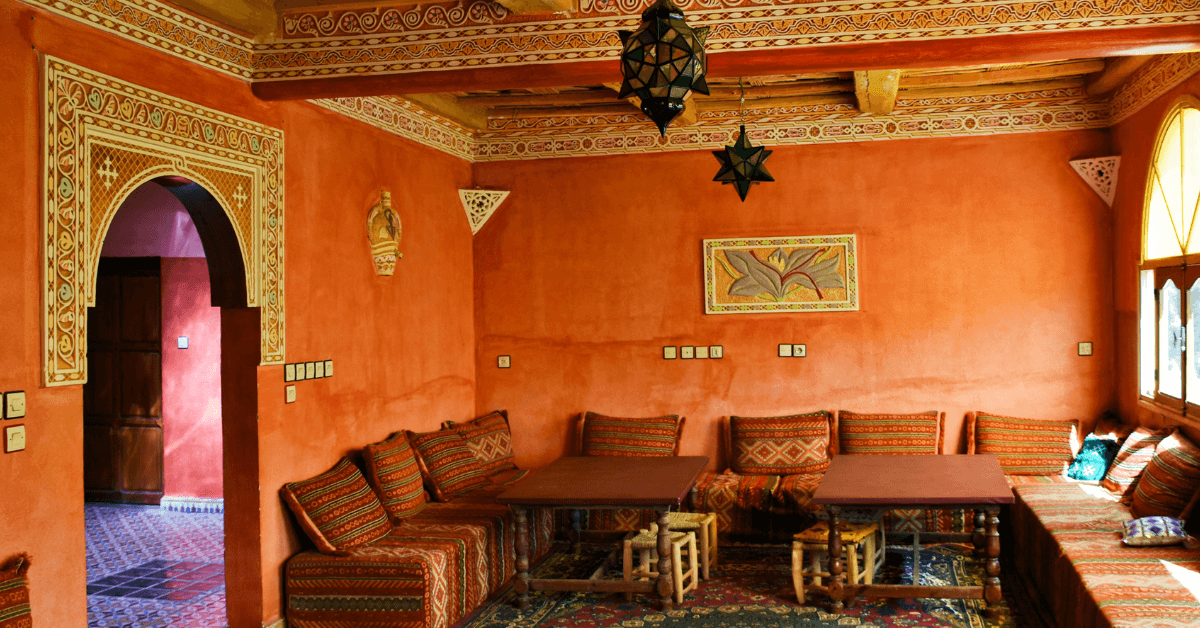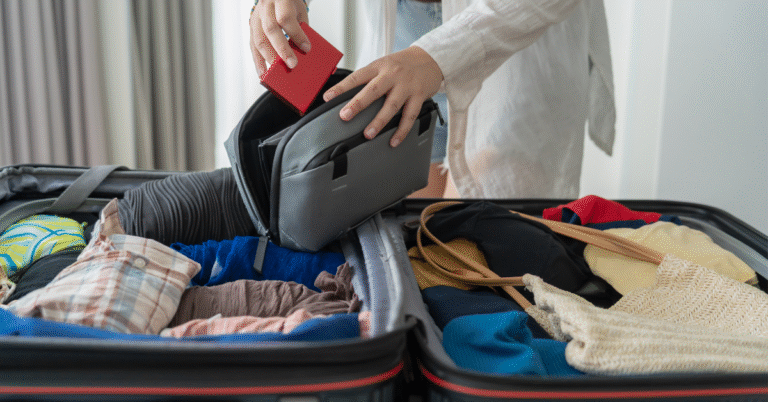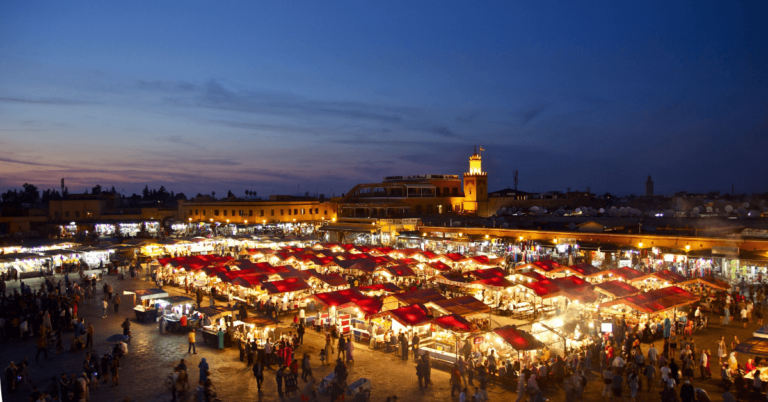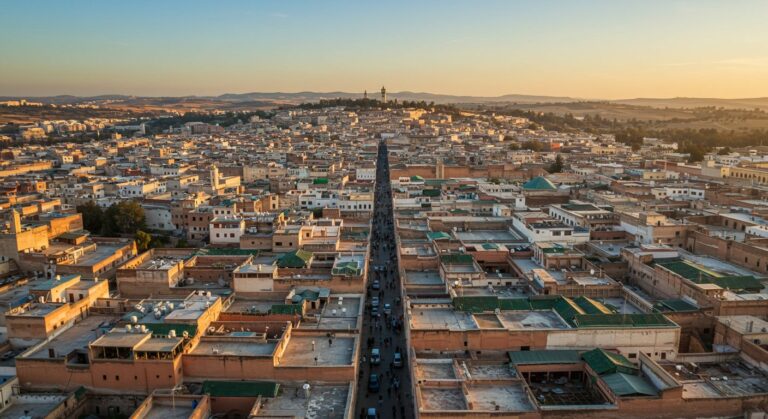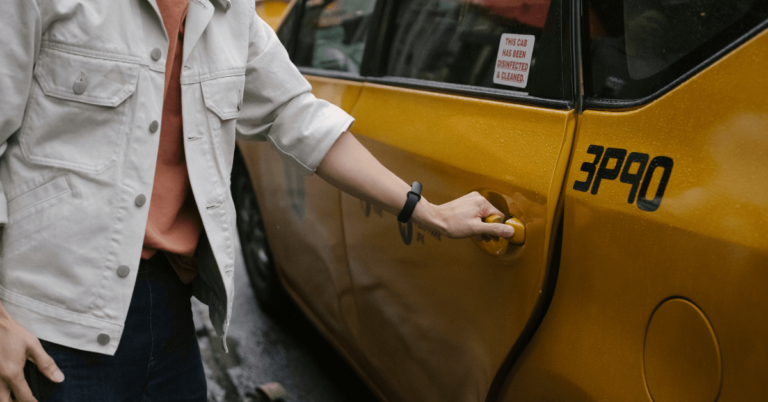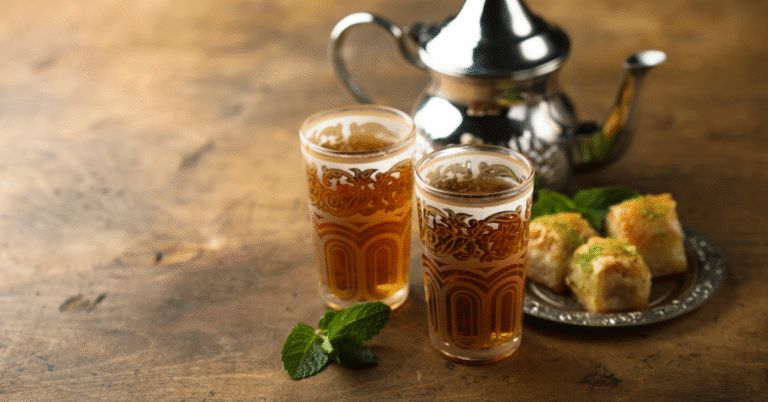Moroccan Culture for Travelers: What to Know
If you’re visiting Morocco for the first time, the landscapes might impress you but it’s the culture that will stay with you. Morocco isn’t just a destination, it’s a rhythm. A way of moving, speaking, eating, greeting. I’m Ahmed, and after years of exploring this country, I’ve learned that understanding the culture changes how you travel here. It deepens the experience. To really connect with the people and the place, it helps to move with awareness. For the bigger picture on where to go and what to expect, take a look at this complete guide to traveling to Morocco it’s a roadmap through cities, food, nature, and local life.
A Blend of History and Identity
From the ancient Berbers and Phoenicians to Andalusians and French settlers, Morocco’s culture has evolved through centuries of interaction. Today, the majority of Moroccans identify as Arab or Amazigh (Berber), and many still speak Amazigh languages alongside Arabic and French.
This deep history is reflected in every aspect of Moroccan life – from daily customs to grand celebrations.
Moroccan People and Values
Warm, Welcoming, and Family-Oriented
Moroccan society is grounded in the values of Islam and strong family unity. Whether in rural villages or busy cities, family ties remain essential. Children are raised with deep respect for their elders, and it’s common for multiple generations to live under the same roof.
Traditional Clothing: Where Heritage Meets Elegance
Morocco’s traditional garments are both beautiful and meaningful. The djellaba – a long, hooded robe – is worn by both men and women. For special occasions like weddings, women wear caftans or takchitas, often adorned with embroidery and jewelry, paired with elegant slippers called balgha.
These outfits are not only fashion statements but also cultural symbols passed down through generations.
Moroccan Weddings: A Celebration of Rituals and Joy
Weddings in Morocco are true spectacles of joy and tradition. From the pre-wedding hammam ritual for the bride to the symbolic henna ceremony, each step is rich with meaning. One highlight is the Amariya, a decorated chair used to carry the bride and groom during the celebration.
Every region has its own twist, but one thing remains the same Moroccan weddings are unforgettable!
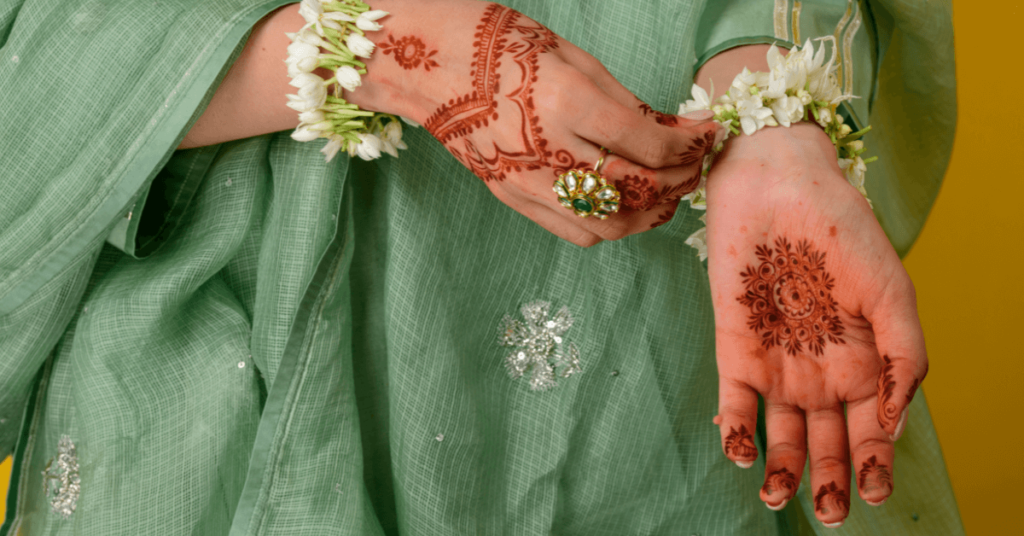
Flavors of Morocco: A Culinary Heritage
If there’s one thing Moroccans love to talk about, it’s food. The cuisine here is a flavorful fusion of Berber, Arabic, Mediterranean, and Andalusian influences.
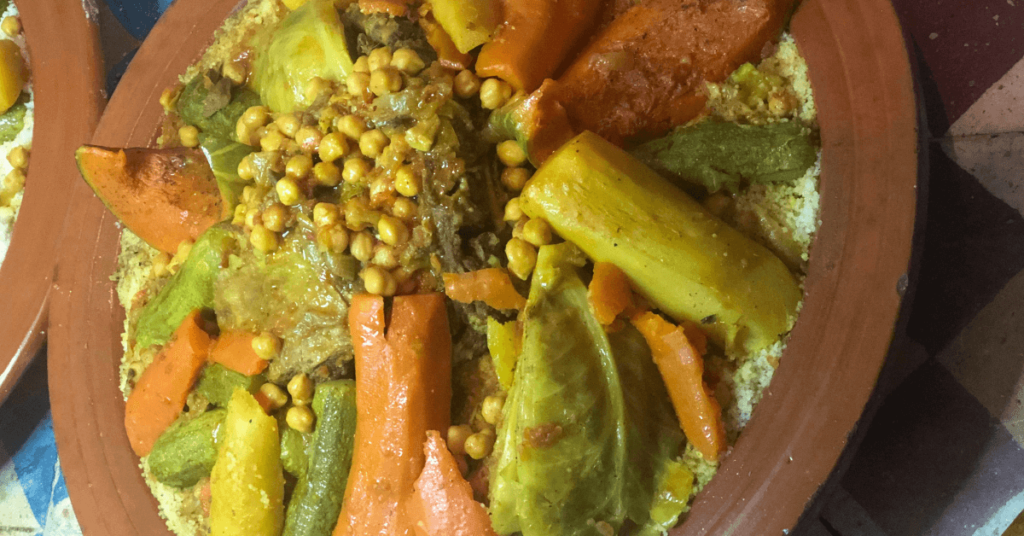
Signature Dishes to Try
- Tagine – A slow-cooked stew made with meat, vegetables, and spices
- Couscous – Served on Fridays with lamb or chicken and seasonal vegetables
- Harira – A hearty soup with tomatoes, lentils, chickpeas, and lamb
- Bissara – A creamy fava bean soup
- Maakouda – Deep-fried spiced potato cakes
The Secret? The Spices!
Moroccan cooking is all about the art of spices. Think cumin, paprika, turmeric, saffron, and the famous Ras El Hanout – a fragrant blend of up to 27 spices.
Each city and family brings its own touch to every dish, making Moroccan cuisine as diverse as the country itself.
Architecture: From Riads to Mosques
Moroccan architecture is a stunning reflection of its multicultural history. You’ll find:
- Arabic calligraphy and arches in mosques
- Geometric tilework (zellige) with Persian roots
- Andalusian-style gardens in old palaces
- French colonial elegance in modern cityscapes
Whether you’re admiring a riad’s interior or a mosque’s intricate details, architecture in Morocco is truly an art form.
Music and Dance: The Soundtrack of a Nation
Music is deeply woven into Moroccan identity. Each region has its own unique rhythm:
- Amazigh tunes from the Atlas Mountains
- Andalusian classical music from Fes and Rabat
- Chaabi folk music, loved across Morocco
- Gnawa spiritual music, rooted in African traditions
- Ahidous, a traditional Berber group dance
From street performances to formal ceremonies, music brings people together across generations.
Hospitality: A Culture of Generosity
Above all, what will leave a lasting impression on you is the hospitality of Moroccan people. Guests are treated like family, and strangers are welcomed with open arms.
Don’t be surprised if you’re invited to share a meal or enjoy a glass of Moroccan mint tea (Atay) a symbol of friendship and connection. It’s not just a drink, but a ceremony of storytelling and bonding.
A Cultural Experience Beyond Expectations
From ancient traditions to modern expressions, Moroccan culture is alive in every street, home, and market. If you’re planning to visit Morocco, immerse yourself in the customs, try the dishes, and connect with the people you’ll leave with a heart full of memories.
To make your journey even smoother, don’t forget to check out our detailed guide on Getting Around Morocco: Transportation Tips, where you’ll find practical advice on how to navigate cities, deserts, and rural areas with ease.

